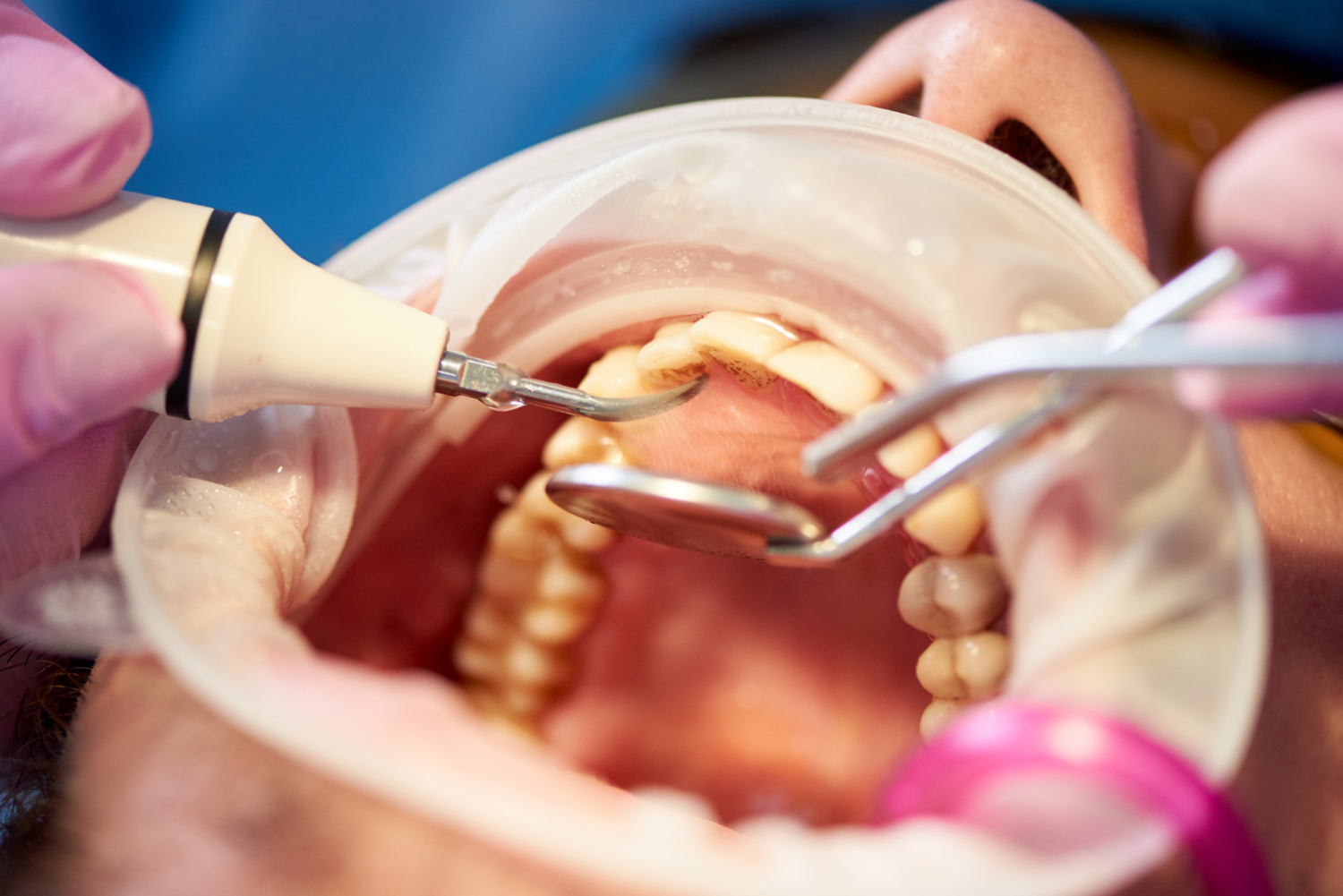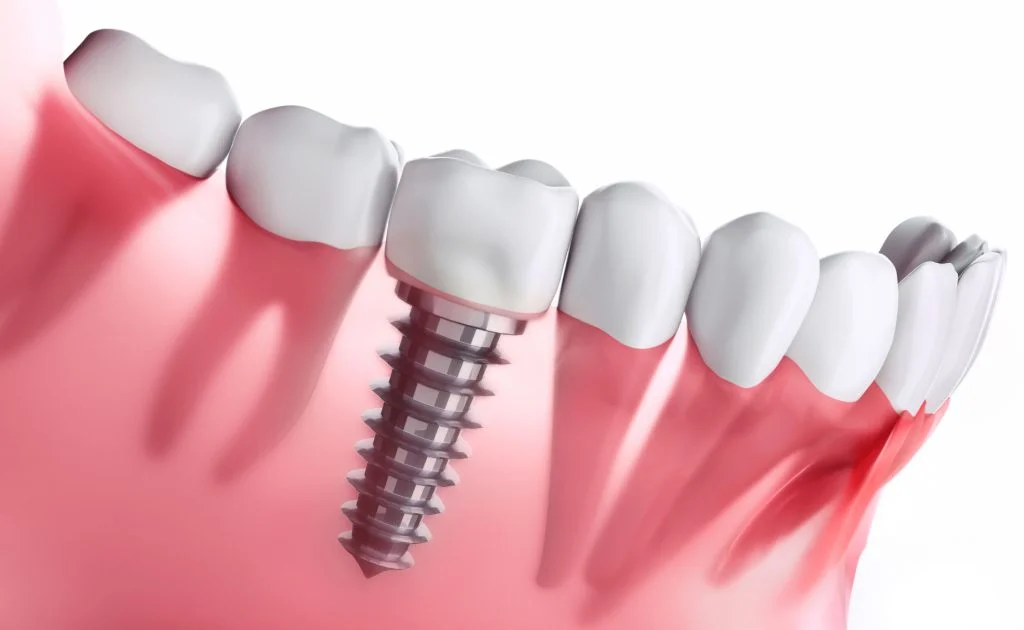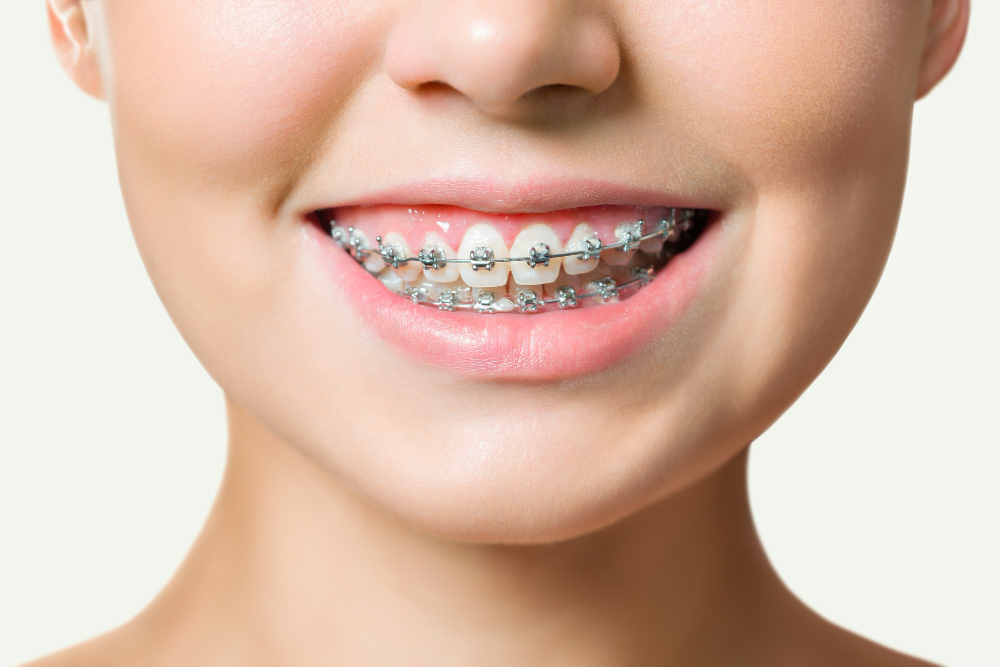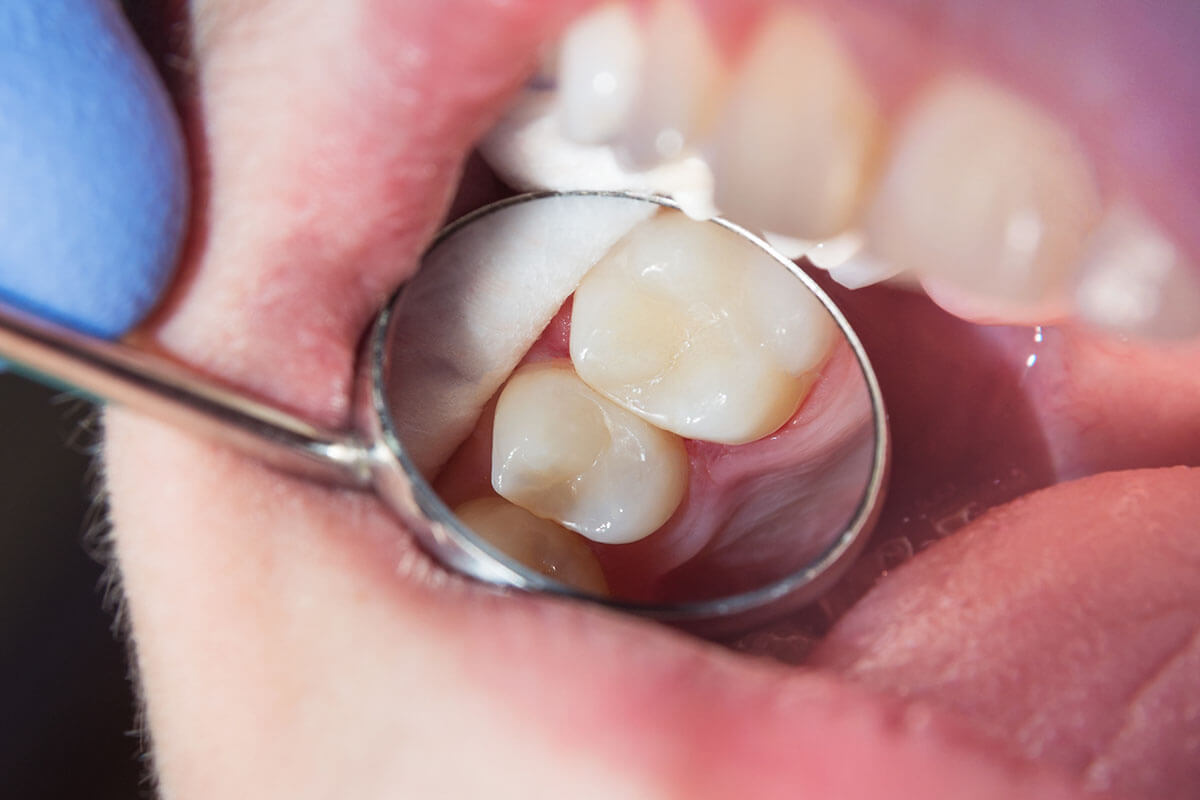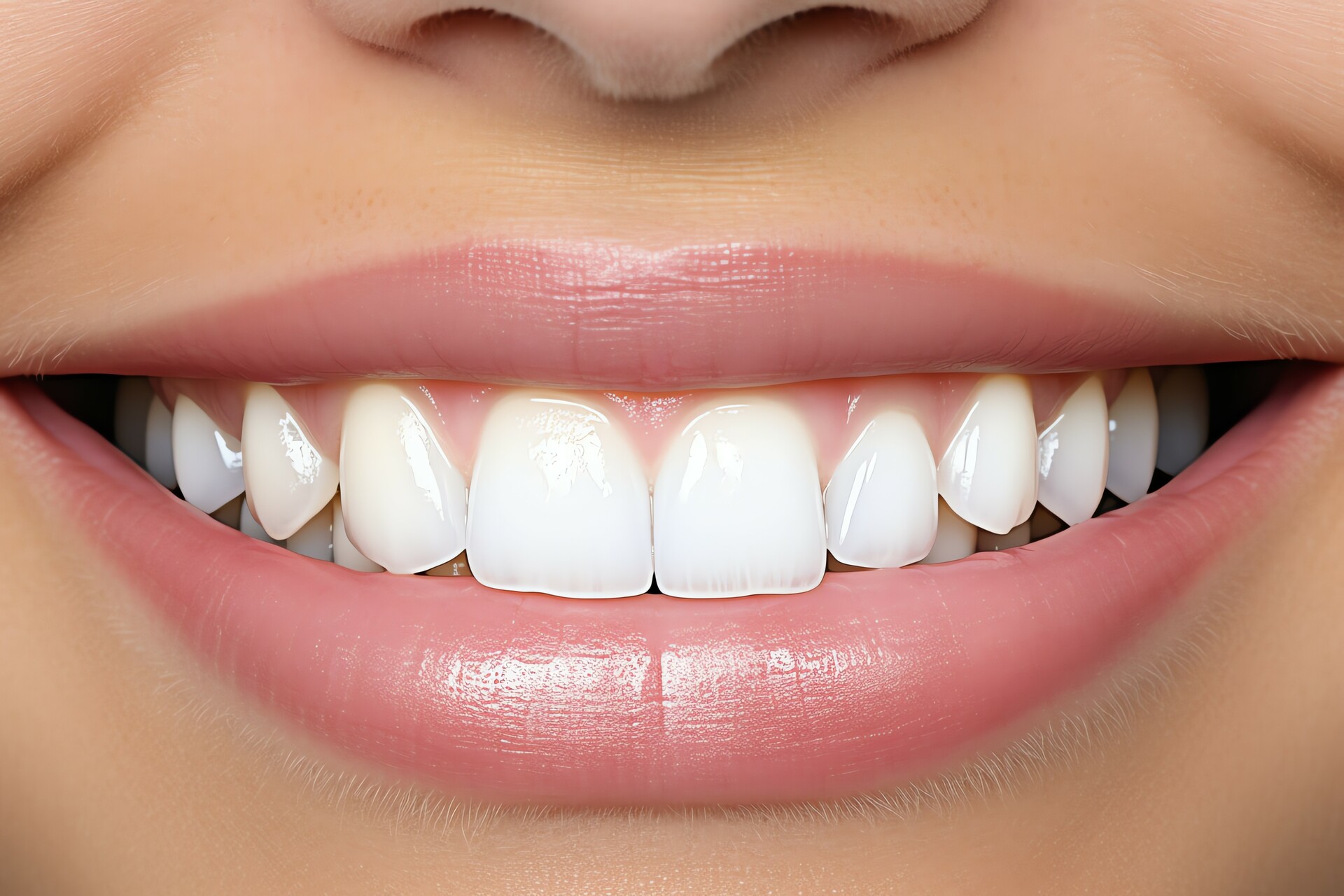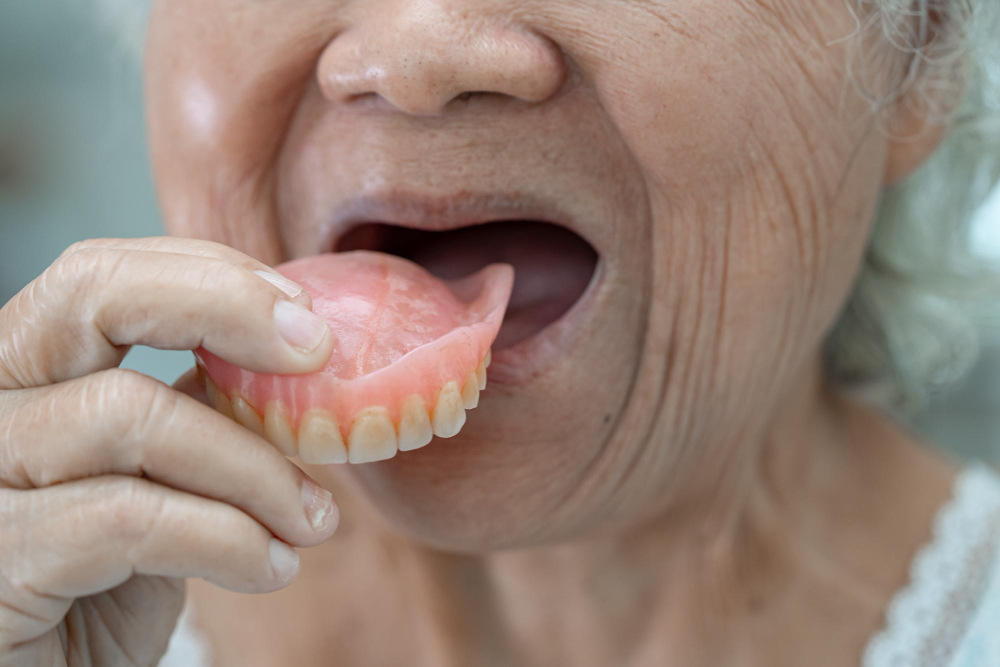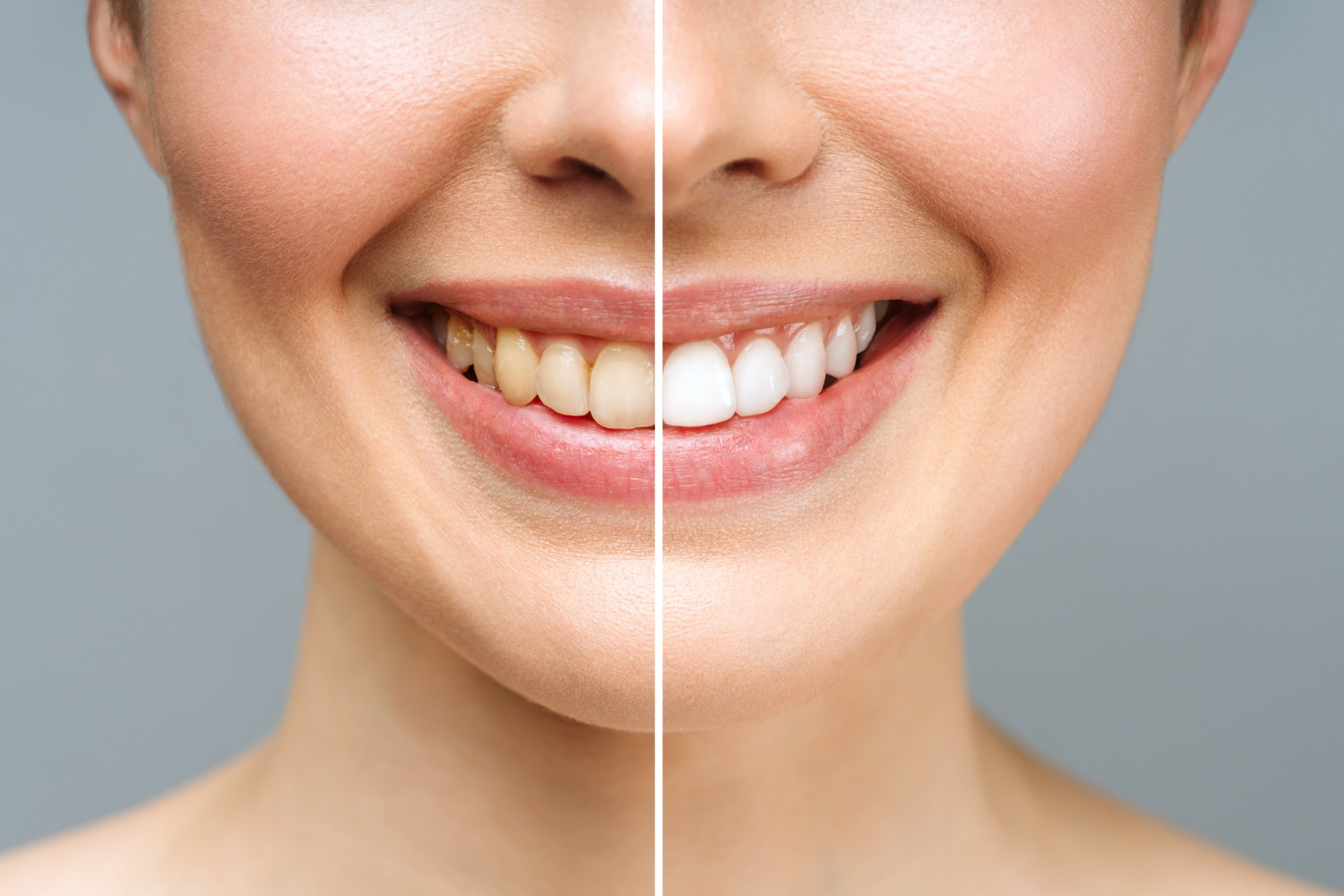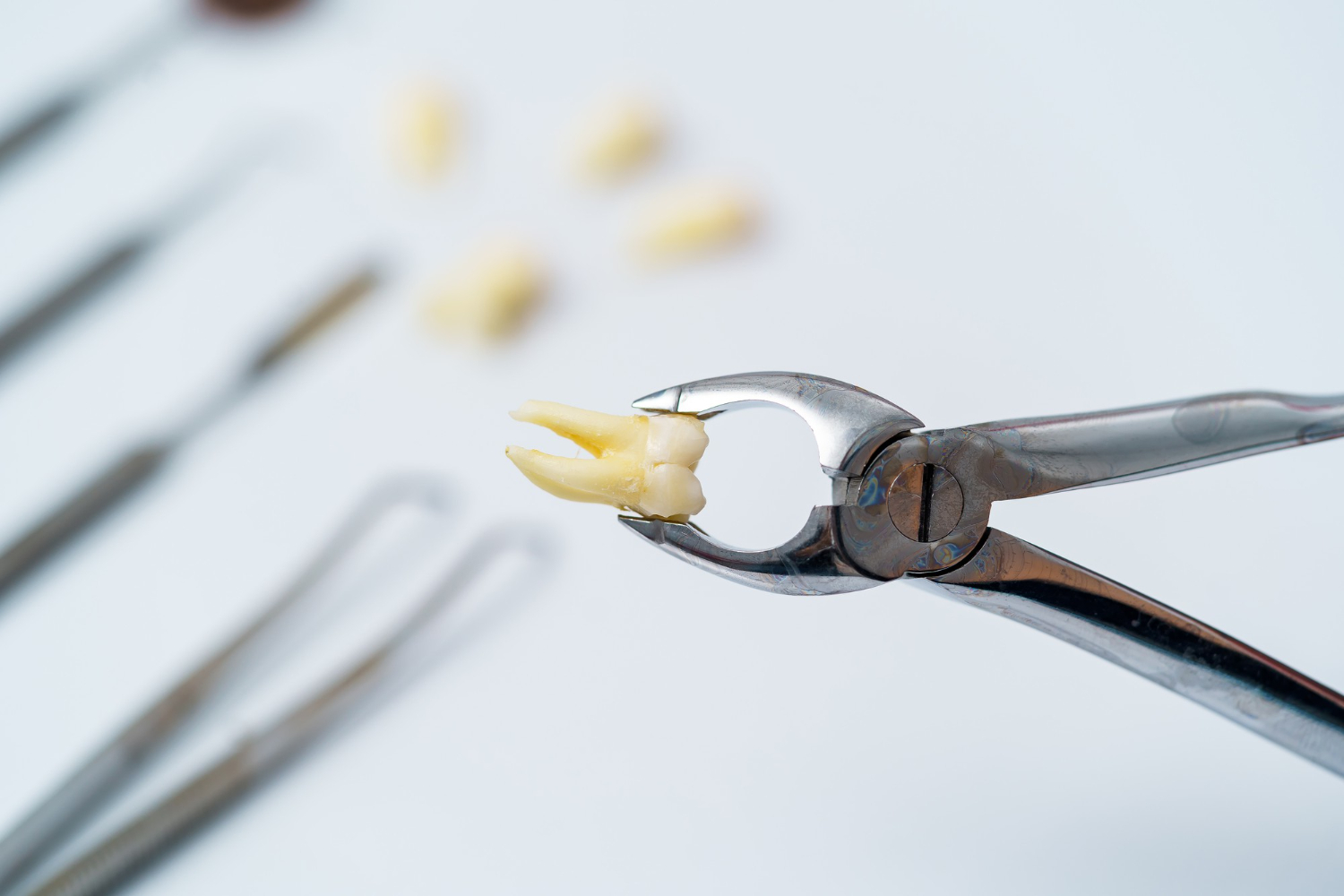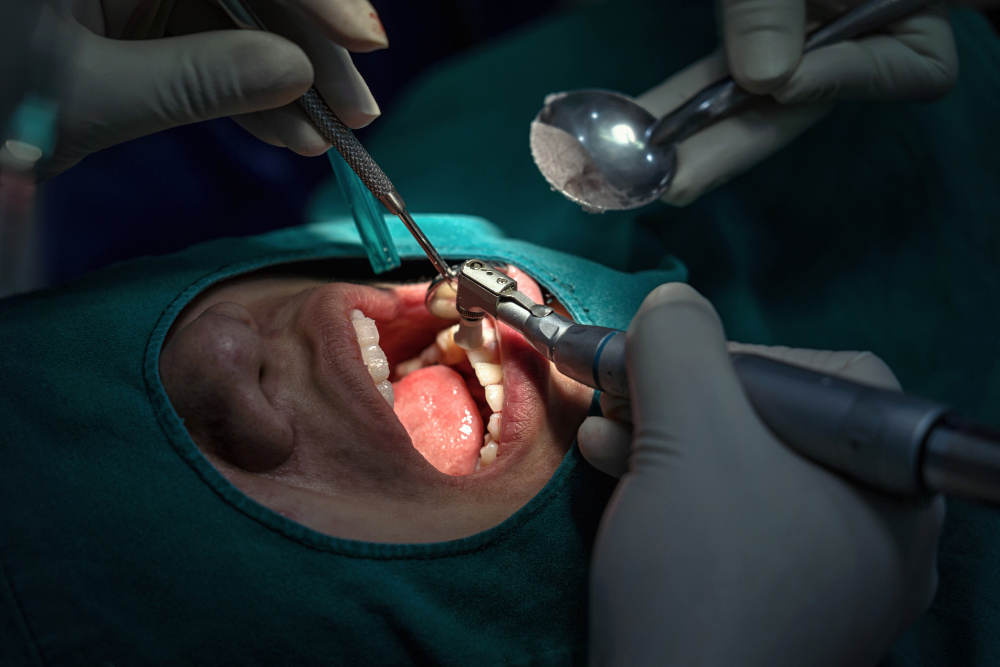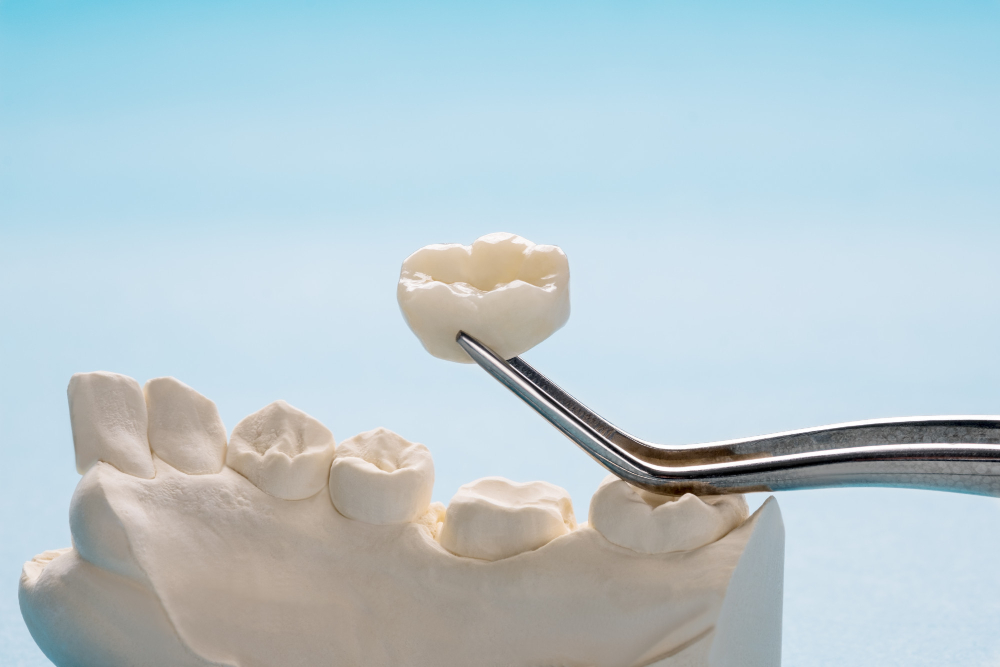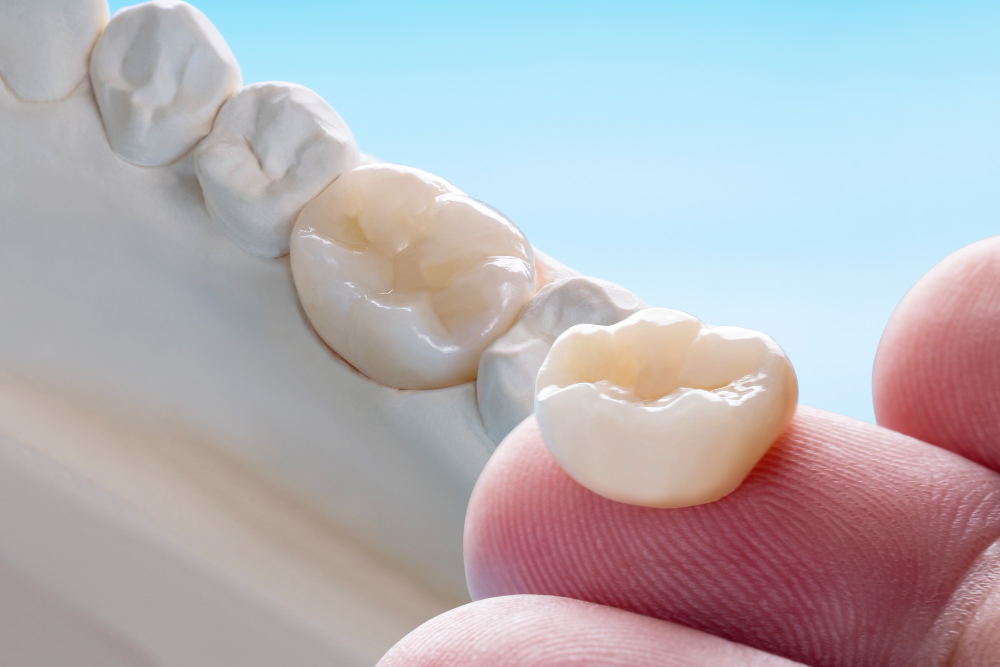KLINIK PERGIGIAN LEE & NG, SABAK BERNAM
Services
Your smile is one of your most important features. Dentistry is continually evolving, and with a variety of advanced treatment options, achieving a beautiful, healthy, aesthetic smile is made easy for patients of all ages.
Scaling / Polishing
Tooth scaling is a foundational procedure in preventive dental care, performed by skilled dentists and dental hygienists to ensure optimal oral health. This essential treatment meticulously removes dental plaque and hardened tartar (calculus) from the tooth surfaces. By thoroughly eliminating these harmful deposits, scaling effectively safeguards your mouth against common issues like gum disease, tooth decay, and inflammation.
The optimal frequency of scaling is tailored to your individual needs. For most people who practice good daily oral hygiene, a professional cleaning is recommended once or twice per year. However, patients with a history of gum disease or persistent plaque accumulation may benefit from more frequent scaling sessions to maintain healthy gums and prevent recurrence.
Ultimately, regular professional scaling is vital for maintaining long-term oral health and preventing the development of more severe dental problems. It acts as the necessary complement to your daily routine of brushing and flossing, ensuring the overall well-being and longevity of your teeth and gums. We strongly encourage you to consult with one of our dental professionals to establish a personalized scaling schedule that best supports your specific oral health goals
Dental Implants
Dental implants are the most advanced and stable solution for permanently replacing missing teeth. An implant consists of a small, biocompatible titanium post surgically placed into the jawbone, where it acts as an artificial tooth root.This foundational post then supports a custom-made crown, bridge, or denture, providing a restorative solution that feels, functions, and looks remarkably like a natural tooth.
Implants are a highly versatile option used to replace a single tooth, several teeth, or an entire arch.They offer superior benefits over traditional restorations by preventing bone loss in the jaw, a common consequence of tooth loss.This preservation of bone structure helps maintain facial contours and ensures the stability of surrounding natural teeth.
While the implant procedure is typically done in stages over a period of months, the result is a long-lasting and durable replacement. If you are considering the stability and longevity of dental implants, a thorough consultation with our dental team is essential to assess your bone health and determine the precise placement and personalized treatment plan required for your complete restoration.
Braces
Orthodontic Braces are fixed dental appliances meticulously designed to correct misaligned teeth and jaws. They function by applying constant, gentle pressure over time to gradually move teeth into their optimal positions. Braces are a highly effective treatment for a wide range of issues, including overcrowded teeth, spacing problems, and improper bite alignment (such as overbites or underbites).
Modern braces come in various styles, including traditional metal, tooth-colored ceramic, and lingual braces placed on the back of the teeth. The ideal duration of treatment varies significantly based on the complexity of the case and the individual’s response to treatment. Achieving the best possible result requires commitment to regular adjustment appointments and diligent oral hygiene throughout the process.
Braces offer more than just aesthetic improvement; they are essential for restoring proper bite function and making teeth easier to clean, which significantly improves long-term oral health. If you or a family member are considering orthodontic treatment, consulting with our dental team is the crucial first step to determine the most effective type of braces and to create a personalized treatment plan.
Filling
Dental filling is a common restorative procedure used to repair teeth that have developed decay or structural damage. By sealing the cavities, or “holes,” the primary purpose of a filling is to restore the tooth’s integrity, halt the progression of decay, and ensure the tooth’s proper function and natural appearance are maintained.
When considering treatment, you have several filling material options, each with its own set of advantages and specific considerations. The most suitable material for you depends on key factors like the location of the tooth, the extent of the damage, and your aesthetic preferences. We encourage you to consult with your dentist to discuss these choices and determine the best solution for your unique dental needs.
Veneers
Veneers are custom-crafted, thin shells designed specifically to cover the front surface of your teeth for aesthetic enhancement. They are the ideal solution for transforming teeth that are discolored, stained, chipped, slightly misaligned, or have minor gaps. Made from durable, tooth-colored materials like porcelain or composite resin, veneers are meticulously bonded to the natural tooth structure to create a seamless and aesthetically flawless smile.
Veneers offer a powerful way to dramatically improve the appearance of your smile, providing a natural-looking and long-lasting solution for a wide range of cosmetic dental issues. To ensure this is the ideal treatment for your goals, it is essential to discuss your smile expectations and potential alternatives with your dentist before moving forward.
Dentures
Dentures are effective, removable dental appliances expertly designed to replace missing teeth and the surrounding supportive gum tissue. These appliances feature artificial teeth set within a supportive base, typically constructed from acrylic resin or a metal/acrylic combination. Dentures offer versatile solutions, ranging from partial dentures for a few missing teeth to complete dentures for a full set of teeth.
There is a natural adaptation period when first wearing dentures. While initial experiences with eating and speaking may feel unusual, consistent practice allows most individuals to quickly adjust and become comfortable with their new dental appliances.
To ensure longevity and optimal comfort, regular dental check-ups are essential. These appointments allow us to verify that your dentures fit correctly and to make any necessary adjustments. In fact, due to natural changes in the jawbone over time, procedures such as relining or rebasing may occasionally be needed to maintain the best possible fit and function.
Whitening
Teeth whitening is a widely requested cosmetic procedure, specifically designed to safely lighten the color of your enamel and significantly enhance your smile’s overall brilliance. This popular and non-invasive treatment effectively targets and reduces stains and discoloration, which are commonly caused by factors such as aging, the consumption of certain foods and beverages, smoking, or prolonged poor oral hygiene.
It is important to understand that whitening results are personalized; the outcome and longevity of the effects depend heavily on individual maintenance and lifestyle habits. Furthermore, not every patient is an ideal candidate for this treatment. Factors such as existing dental restorations or the specific underlying cause of the discoloration may influence the best treatment approach. Consulting with a dental professional is the crucial first step to determine the most effective and appropriate whitening method for your unique needs.
Extraction
Tooth extraction is a routine dental procedure performed by a dentist or oral surgeon to carefully remove a tooth from its socket within the jawbone. This procedure is typically recommended when a tooth cannot be saved due to factors such as severe decay, advanced gum disease, impaction (as is common with wisdom teeth), or as part of a comprehensive plan to create necessary space for orthodontic treatment.
Following your procedure, it is absolutely essential to adhere strictly to your dentist’s aftercare recommendations. Proper adherence to these guidelines is crucial for ensuring effective healing, promoting a smooth recovery, and minimizing the risk of potential complications.
Minor Oral Surgery
Minor oral surgery encompasses a variety of surgical procedures performed within the mouth, typically handled by an experienced dentist or oral surgeon. These interventions are classified as minor compared to more extensive operations and are conveniently performed on an outpatient basis.
These minor procedures are usually completed using local anesthesia, allowing patients to recover quickly and with minimal discomfort. While the specific details of the surgery will vary based on the individual case and the patient’s health, following the post-operative care instructions provided by your oral surgeon is critical for ensuring proper and rapid healing.
Crowns
Dental crowns, often referred to as “caps,” are custom-made dental restorations designed to encase and protect a damaged or weakened tooth. These prosthetic devices are shaped exactly like a natural tooth and are designed to cover the entire visible portion above the gumline. A crown serves multiple crucial functions: it effectively restores the tooth’s original strength and functionality while dramatically improving its appearance.
Ultimately, dental crowns are a versatile and highly effective solution for restoring both the function and the aesthetics of any compromised tooth. If you suspect a dental crown may be the right option for you, we encourage you to consult with your dentist for a thorough examination and to develop a personalized treatment plan.
Bridges
A dental bridge is a fixed restoration designed to effectively replace one or more missing teeth by literally “bridging” the gap between adjacent natural teeth or existing dental implants. This permanent prosthetic device is crucial for both restoring aesthetic appearance and improving the function of the mouth. Bridges are a common and highly effective solution for patients who have lost teeth but still retain healthy anchor teeth on either side of the space.
Dental bridges offer significant advantages: they dramatically improve the look of your smile, restore proper chewing function, and prevent the unwanted shifting of your remaining natural teeth. However, the decision to proceed with a bridge should always be made after a detailed consultation with your dentist, allowing them to thoroughly assess your oral health and recommend the most suitable and personalized restorative option.

